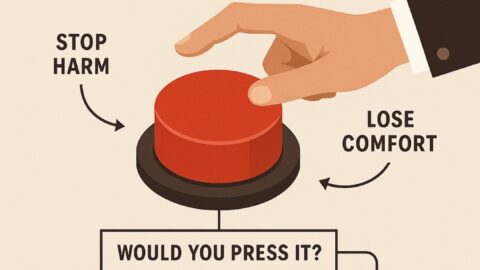Abigail Shrier’s Bad Therapy: Why the Kids Aren’t Growing Up examines how contemporary therapy and cultural shifts have contributed to a delayed maturation process in children and adolescents. Shrier critiques the ways certain therapeutic practices prioritize validation over resilience, comfort over growth, and short-term emotional satisfaction over long-term psychological development. She argues that these approaches, combined with societal trends, discourage young people from developing independence, accountability, and the ability to navigate adversity effectively.
Key Themes and Arguments
The Culture of Validation:
Modern therapy often centers on affirming feelings rather than challenging young people to work through discomfort or hardship.Shrier argues that this creates an environment where growth and maturity are stifled because difficult emotions are avoided instead of addressed.
Fear of Adversity:
Society and therapy alike have adopted a “safety-first” mindset that shields children from failure, risk, and struggle.Shrier contends that this robs children of the opportunity to develop resilience and problem-solving skills essential for adulthood.
Pathologizing Normal Challenges:
She critiques the tendency to over-diagnose or medicalize behaviors that might simply reflect normal developmental phases.For example, labeling typical teenage rebellion or anxiety as mental illness can inhibit natural coping mechanisms from developing.
Loss of Agency and Accountability:
Shrier discusses how therapeutic trends sometimes absolve young people of responsibility for their choices, encouraging a victim mentality.She calls for a return to teaching accountability as a cornerstone of personal growth and maturity.
Impact on Families:
The author explores how parents are often sidelined by modern therapy practices, which prioritize the child’s autonomy over family cohesion.This dynamic can lead to fractured relationships and reduced parental influence during critical developmental years.
Proposed Solutions
Reorienting Therapy:
Shrier advocates for therapeutic approaches that emphasize growth through discomfort, resilience-building, and problem-solving skills.
Parent Involvement:
Parents should be active participants in addressing their children’s challenges, rather than being excluded by professionals.
Cultural Shift:
Society needs to value maturity, independence, and resilience over perpetual adolescence and emotional fragility.
Challenging the Narrative:
Shrier encourages parents, educators, and policymakers to resist trends that infantilize young people and instead promote accountability and growth.
Why It Matters
Shrier’s book aims to spark a conversation about the unintended consequences of modern therapy and cultural trends. By addressing these issues, she hopes to empower parents and educators to better prepare children for the realities of adulthood and foster a generation that is resilient, capable, and independent.This work aligns with Shrier’s broader critiques of societal and cultural shifts affecting youth, offering a call to action for those concerned about the long-term effects of these trends.







